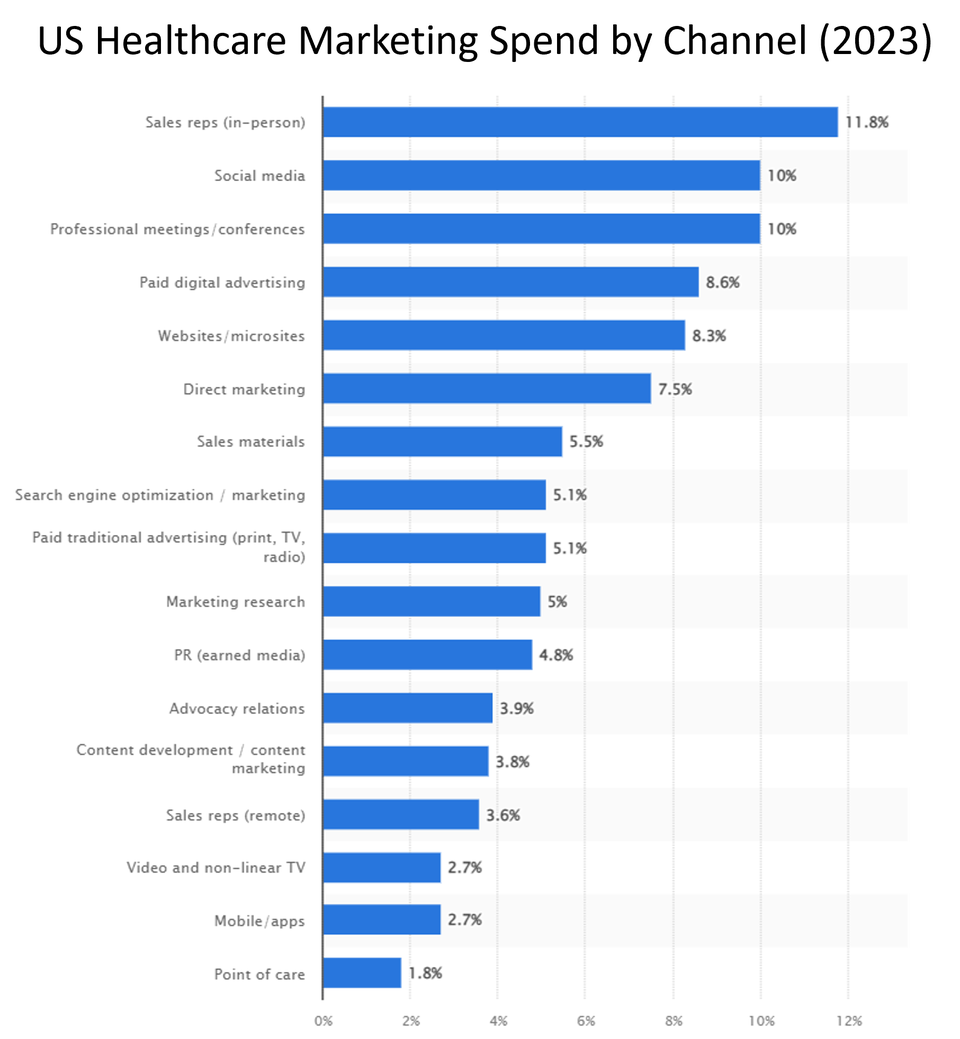Forbes Leadership CMO Network Can AI Tear Down Healthcare’s Data Silos? Stephen Wunker Contributor Opinions expressed by Forbes Contributors are their own. I focus on how to compete differently in fast-changing industries Following Oct 1, 2023, 02:05pm EDT | Share to Facebook Share to Twitter Share to Linkedin In healthcare, communication and coordination are often weak. This is a problem that’s bedeviled patient care teams, the health insurance / healthcare provider relationship, and many other corners of this complex, multi-stakeholder industry.
Even if data is theoretically compatible between systems, siloed organizations aren’t accustomed to seeing and assessing information from beyond their domains. The result is like the old adage of people in a dark room, each feeling just part of an elephant and trying to describe the entire animal. Their views about pieces of the puzzle don’t add up to a coherent whole.
AI has a potentially large role to play in making sense of the pieces. Some of the earliest widespread applications may be in parts of the industry where the consequences of occasional IT lapses are low and the regulatory bar isn’t daunting. So, before AI routinely saves patients’ lives, it may regularly make the industry more efficient.
One big segment offers a tempting target: life science sales and marketing. Despite this function frequently costing life science companies more than their R&D expenses , it’s rife with dysfunction. Life science sales, marketing, and data management teams can be siloed and poorly coordinated, and so they focus on narrow measures that they can control.
A sales organization, for instance, may focus its representatives’ calls on physicians that write a lot of prescriptions, but neglect the doctors who – while being relatively low prescribers – are active on social media and influence drug sales in other ways. Marketing spend is multi-channel, but data is often not coordinated among those channels. Statista, 2023 In a recent piece , I profiled how an Israeli firm, Verix , has created an AI-driven system to help sales representatives consider dozens or hundreds of potential combinations of factors that impact where it should focus its efforts.
Another take on the opportunity is presented by a US-based company, Constellation . This firm enables a broad set of teams to unite their data so that they can achieve higher ROI on sales and marketing spend. MORE FOR YOU A Ukrainian Officer’s Captured Russian Tank Wasn’t Working.
So He Called Tech Support—In Russia. The Top 10 Richest People In The World October 2023 Flashing Red Warning 33 Trillion U S Debt Death Spiral Could Suddenly Trigger A Bitcoin Price Vicious Circle As explained by Constellation’s CEO, Diana Lee, “On the marketing side, there’s paid media channels, websites, landing pages, but they don’t work together. Plus, sales teams are dependent on the Customer Relationship Management system which also doesn’t work with the other platforms.
The most important part of CRM is to do segmentation and speak to customers not just through salespeople, but also through the messaging and content that goes to them. ” Constellation claims to create one-to-one personalized messages based on distinct profiles generated by uniting this disparate data. The data may have implications on the medium chosen for emphasis.
Lee says, “Based on their age and demographics, the messaging needs to be very different. Social media works best on female doctors aged 27 to 34. Male doctors ages 47 to 54 are converting on sampling.
Male doctors over age 54 love to go to conferences. ” Life science sales and marketing can be awash in data about physicians: scripts written, social media activity, demographics, papers authored, and much more. For sales representatives, it’s demanding to juggle all that data to assess how to prioritize and approach a doctor.
As the problem expands to encompass what messaging to send them from marketing, and how, the data challenge grows. AI can be a key way to make sense of the morass. AI can also then help to construct messaging to physicians, in a modular, algorithmic way governed by regulatory restrictions.
A marketing team doing this in a tailored fashion might struggle under the workload, much less be unable to coordinate with sales. But this is exactly the sort of challenge where AI can excel. Healthcare is an industry awash in data, yet it often isn’t in the right hands at the right time with the right suggested actions.
Simply by ensuring that these data imbalances are rectified, AI may enable substantial gains for all stakeholders involved. Follow me on LinkedIn . Check out my website or some of my other work here .
Stephen Wunker Editorial Standards Print Reprints & Permissions.
From: forbescrypto
URL: https://www.forbes.com/sites/stephenwunker/2023/10/01/can-ai-tear-down-healthcares-data-silos/



